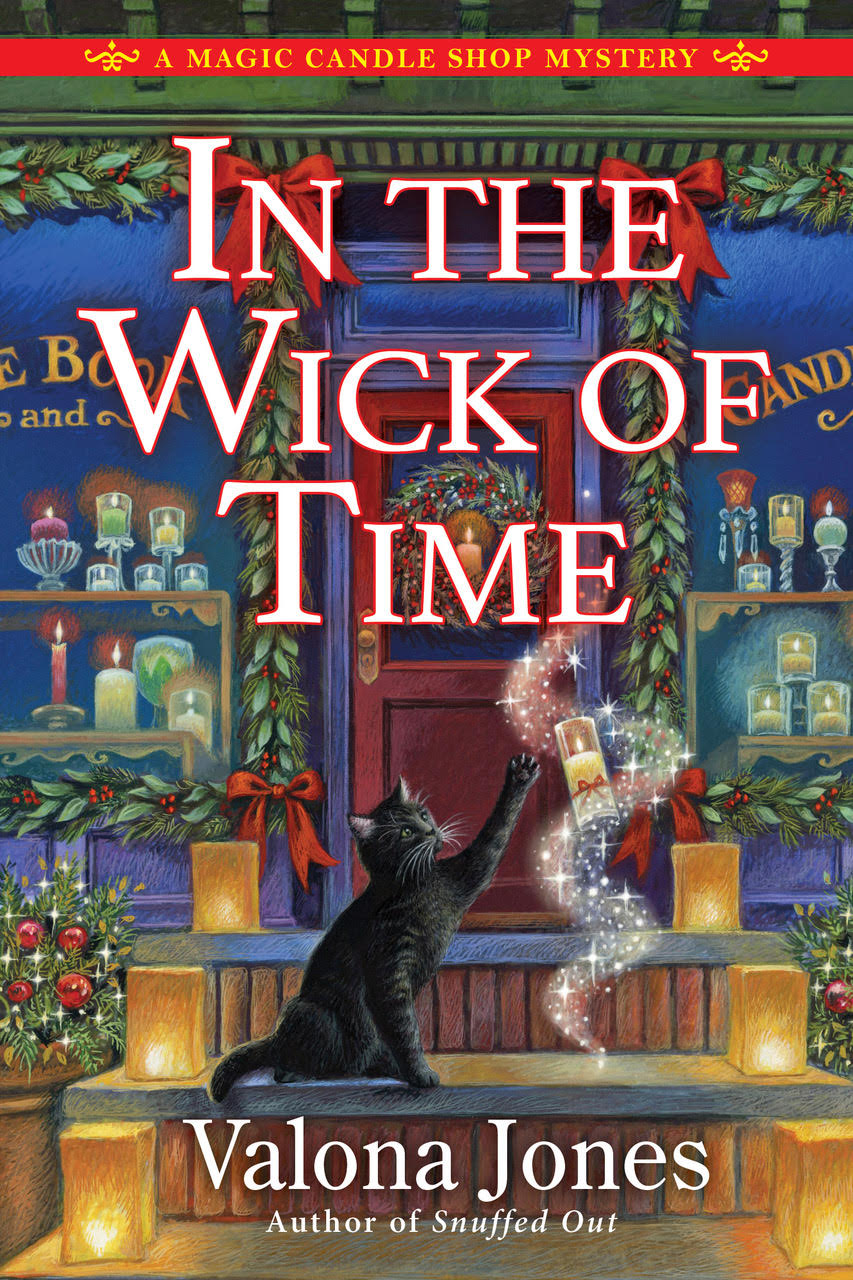Cooking Your Way Out Of The Slush Pile
This article first appeared in the December 2003 issue of Update, the newsletter of Washington Romance Writers.
Do you ever feel like you’re drowning in the slush pile? Do you wish you knew the magic answer that would ensure publication? Many of us believe we’re close to achieving publication. We’ve earned our RWA Pro-pins, we’re doing well in contests, we’re volunteering at local and national romance chapters, so why are we still in the slush pile? What is holding us back?
Here’s my simplistic take on the situation: we’ve got to have a great story and we’ve got to be in the right place at the right time. I can’t help you with the timing of your submission, but maybe a few tips from my kitchen may give you that missing something that editors and readers want.
Cooking Tip # 1: Chicken Soup. I’ve been cooking for years, but it wasn’t until a friend made me some of her chicken soup that I learned a valuable lesson. My chicken soup is adequate, but hers, well my mouth is watering just thinking about it. There was a certain fullness to the taste and a body to her broth that lingered in my mouth long after the soup was gone. When asked about the secret of her soup, my friend said there was nothing secret about it. The only difference between my recipe and hers was that she started with chicken stock instead of water.
That got me to thinking. Starting with prepared stock enhanced the entire texture of chicken soup. It was thicker, richer, fuller in a way I’d never experienced in my own cooking. A parallel in writing immediately occurred to me. Start with stock characters and then add your own ingredients.
Using a stock character gives you an immediate base to build on, it gives you a set of easily identifiable reactions that jump-start your writing onto a whole new plane. Don’t make your writing clichéd, but freshen something familiar with what you do best. Haven’t you seen reviews or book blurbs that say: Cinderella with a fresh twist or Beauty and the Beast as you’ve never seen it. Fairy tale themes have a familiar resonance. What woman wouldn’t want to find true love and have her whole life come together? Make your story one that will be remembered long after it’s read. Find the magical “stock” that breathes fresh life into that shelf of rejections.
Cooking Tip # 2: Breakfast Casserole. Have you ever been to one of those brunches or church socials where several women made the same recipe for “Breakfast Casserole” and all of the cooked dishes looked similar? Then when you tried them they all tasted different? The analyst in me couldn’t get over how different and yet the same they were. The key to the differences was unique to each cook. One lady always used butter even if a recipe called for margarine, another used sharp cheese instead of mild. You get the general idea. Different but yet the same.
Writing for category romance can be likened to those breakfast casseroles. Each category has a certain set of ingredients it looks for, things that the loyal reader recognizes and wants to read. The editors are looking for something familiar and yet different. They want to see tried and true plot devices because they know their market. Our challenge is to find the combination of familiar ingredients that makes our stories uniquely marketable. I have a whole shelf of Silhouette Romances and from the big print on back covers it is easy to see what types of stories they want. Babies sell. Cowboys sell. Secrets sell. Marriage of conveniences sell. Do the research to find out what sells in your target market, and then write the best book you can. One that’s uniquely your own take on a familiar recipe.
Cooking Tip #3: Chocolate Chip Cookies. Everybody knows the difference in a store-bought cookie and one that’s just out of the oven. It’s like night and day, isn’t it? I was sure my homemade cookies were The Best because they were better than store-bought. I believed this until I tasted someone else’s homemade chocolate chip cookies. The combination of taste, texture, and aroma of her magnificent cookies was in a whole different league than my cookies. Even though I knew her cookies had to be loaded with calories and fat and everything that wasn’t good for me, I couldn’t keep myself from reaching for more. Hmm.
The master cookie chef reluctantly loaned me her secret. I was appalled by how simple it was. She baked cookies every chance she got so that she knew the exact proportion of ingredients and cooking conditions required to yield the cookie of her dreams. The lesson I learned from this is that she worked hard at her craft until it was the very best she could make it. Then she kept at it to keep her quality at a very high level.
This was starting to sound like writing again. With the wisdom of hindsight, I see that my first writing efforts, the masterpieces that were surely breakout novels, were a lot like the misshapen slightly burnt cookies of an amateur baker. In order to turn out the lightly browned, chewy but crisp delicacies that taste divine (or the manuscript that makes you a household name), you have to go beyond adequate. Just because your story is better than the worst book you ever read doesn’t mean your story is ready for the big time. If you work diligently at what you do, your craftsmanship will improve. You’re not competing with the worst that’s on the market. You’re competing with the very best romance has to offer.
So there you have it. Three simple lessons from the kitchen. Start with familiar or stock ingredients to give your story more body. Flavor your story with the seasoning that is uniquely yours. And hone your writing ability through practice to keep readers reaching for more. Piece of cake.











